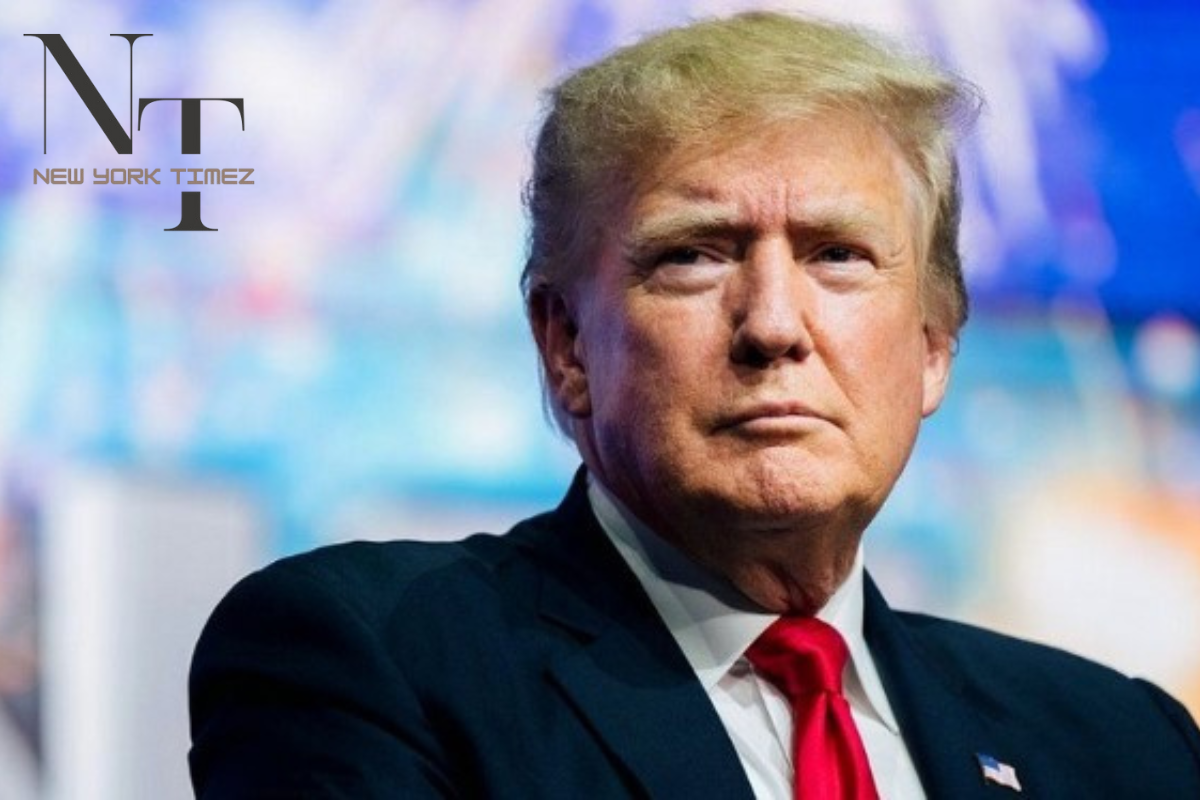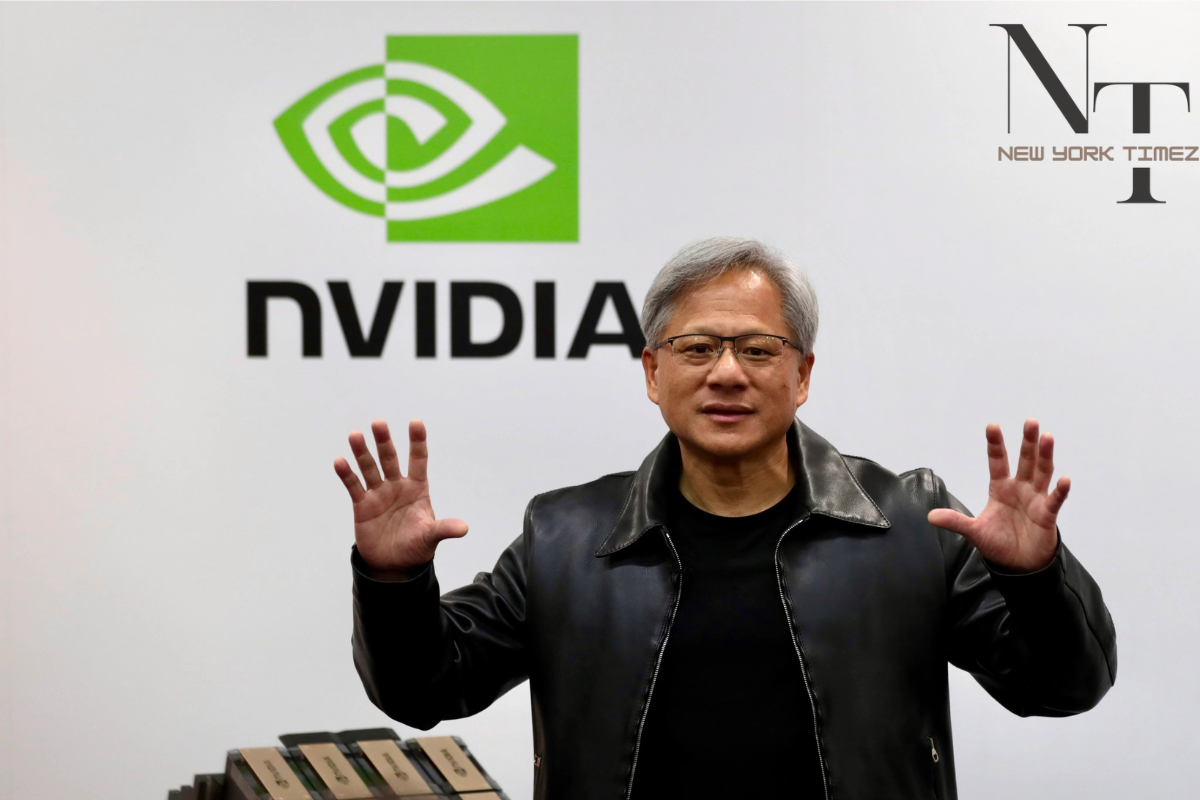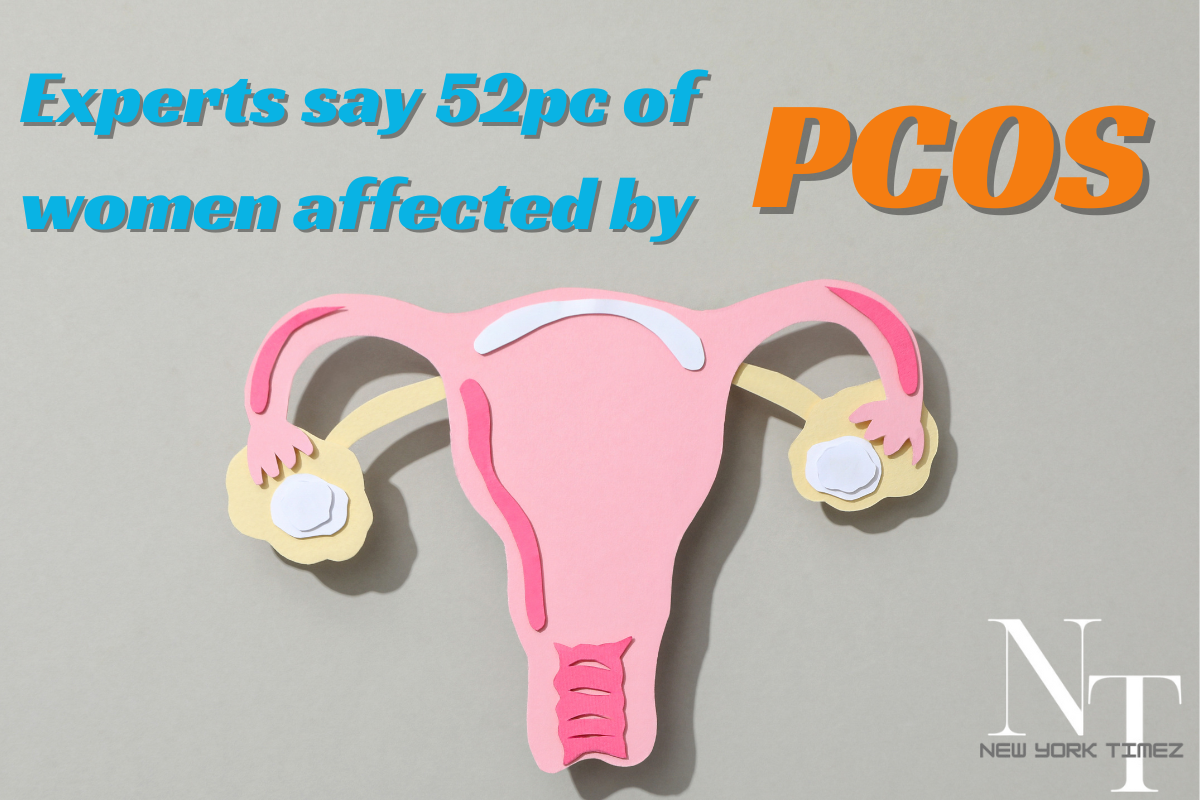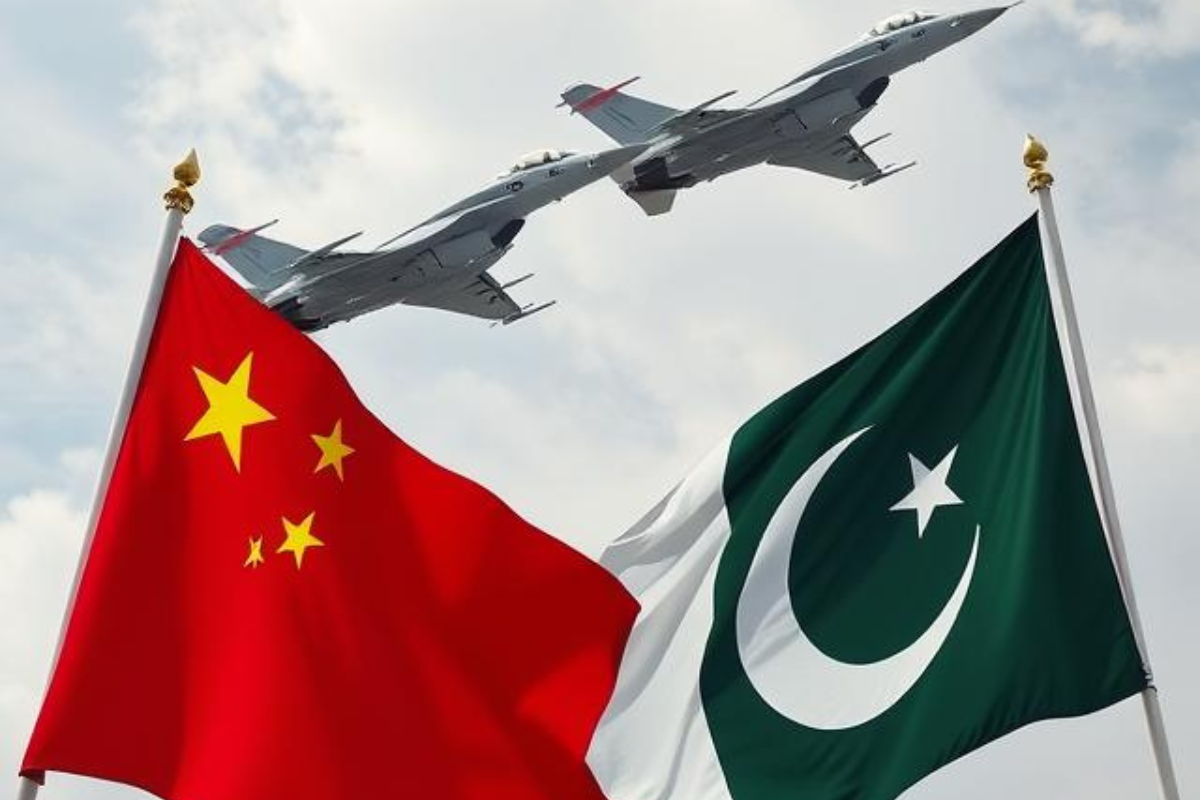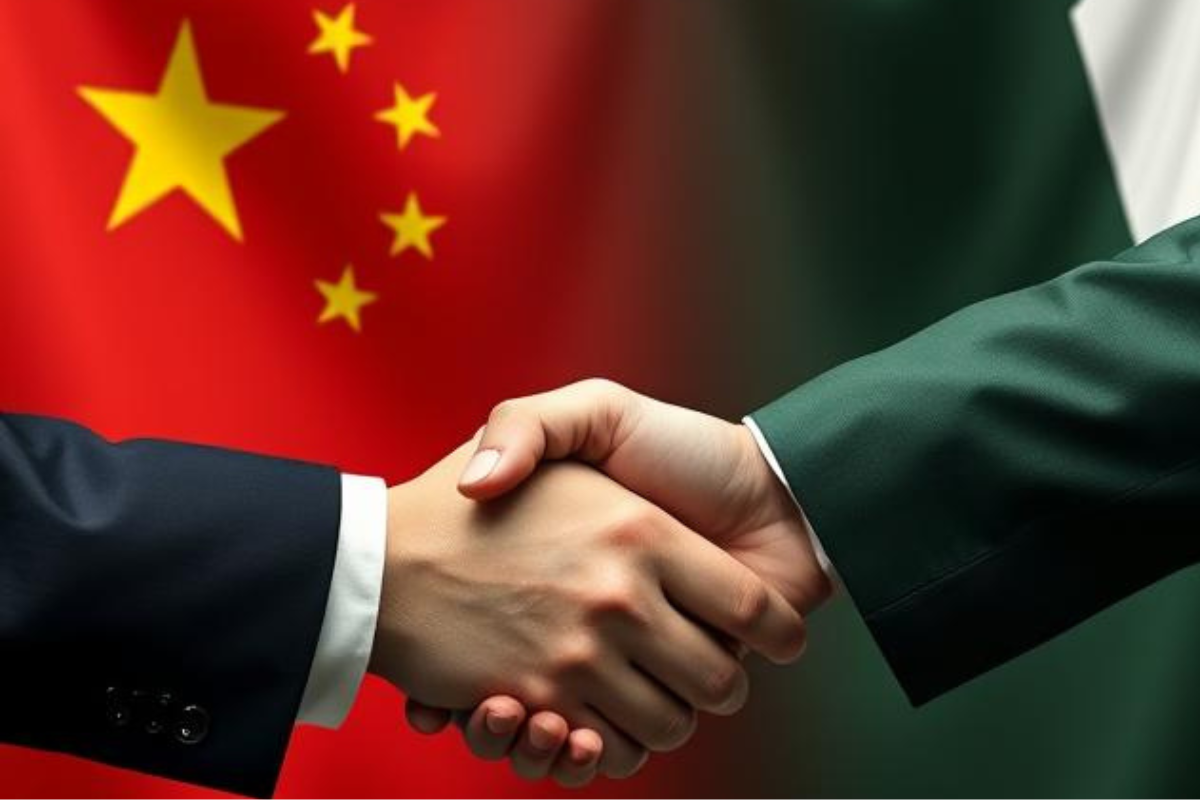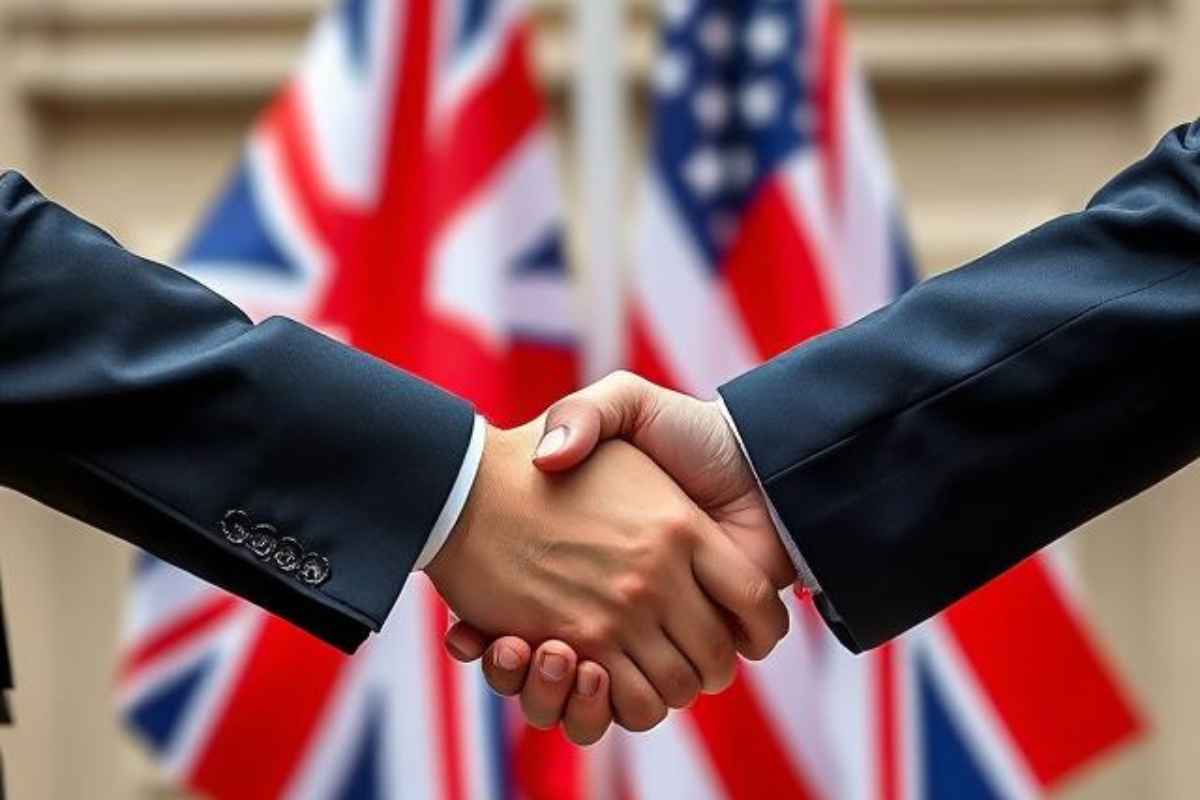
Trump Announces Major Trade Deal with the UK
On Thursday, U.S. President Donald Trump and U.K. Prime Minister Keir Starmer revealed a significant trade agreement between their two countries. This deal maintains a 10% tariff on goods imported from the U.K. into the United States. However, in exchange, the U.K. agreed to reduce its tariffs on U.S. goods from 5.1% to 1.8% and grant greater access to American products in its market. The deal is considered a “breakthrough” in the long-running discussions between the U.S. and U.K. over trade policies.
The Significance of the Agreement
President Trump, speaking from the Oval Office, called the deal a tremendous opportunity for the U.S. to access new markets. He emphasized that this agreement would help both countries grow economically. Prime Minister Starmer also expressed his excitement about the deal, describing it as a historic moment for the two nations.
This deal marks the first significant trade agreement since President Trump’s return to the White House in January, during which he initiated a global trade war. That trade war involved imposing tariffs on many trading partners, resulting in global economic uncertainty. Trump’s tariff policies had put pressure on both friendly and adversarial nations alike, causing concerns about inflation and recession.
Pressure on the U.S. for Trade Deals
The U.S. has faced mounting pressure from global investors to resolve its tariff disputes with various countries. Many hoped that President Trump’s administration would de-escalate the trade war to stabilize the economy. Since April 2, the U.S. imposed a 10% tariff on imports from many countries and threatened even higher tariffs on others. This raised concerns about the U.S. economy and its trade relationships, prompting officials to step up efforts to negotiate trade deals.
In addition to the tariffs on the U.K., the U.S. imposed a 25% tariff on imports of steel and aluminum. Furthermore, the U.S. also placed 25% tariffs on imports from Canada and Mexico and imposed 145% tariffs on Chinese goods. Talks between U.S. and Chinese officials are scheduled to take place in Switzerland soon, with hopes of resolving trade tensions between the two major economies.
Trending News: India and Pakistan on the Brink of Conflict
Impact of Tariffs on the U.K. Economy
The U.K. economy has been struggling with growth, and the imposition of U.S. tariffs only added to the pressure. British companies such as Jaguar Land Rover were forced to stop shipments to the U.S. for a month, which disrupted their business operations. Additionally, the U.K. government had to step in and take control of British Steel to prevent it from collapsing under the weight of tariffs.
The new deal includes significant changes for U.K. exports to the U.S. Tariffs on British car imports will be reduced from 27.5% to just 10%. This is a welcome relief for the U.K. automotive industry, as it will provide a larger market for British-made cars in the U.S. However, this reduced tariff rate will only apply to a specific quota of 100,000 vehicles, which is almost exactly the number of British cars that were exported to the U.S. last year.
Another major part of the deal is the removal of U.S. tariffs on U.K. steel, which will fall to zero from the current 25%. At the same time, the U.K. has agreed to reduce its tariffs on U.S. ethanol from 19% to zero. These changes are expected to help relieve some of the economic pressure on industries like steel and agriculture in both countries.
New Opportunities for Both Nations
The deal also includes new opportunities for U.S. and U.K. agricultural industries. A tariff-free quota for British beef, allowing the U.K. to export 13,000 metric tonnes of beef to the U.S., was agreed upon. This is a significant step for the British farming industry, as it provides them with expanded access to the U.S. market. Importantly, this deal will not weaken U.K. food standards, ensuring that the safety and quality of British food remain intact.
In return, the U.K. is expected to purchase $10 billion worth of U.S.-made Boeing aircraft. This will boost the U.S. aviation industry. Additionally, the U.S. has agreed to allow duty-free imports of Rolls-Royce jet engines from the U.K. These mutually beneficial exchanges in the aviation and automotive industries are expected to strengthen economic ties between the two nations.
U.S. Commerce Secretary Howard Lutnick emphasized that the trade deal will open up around $5 billion in new annual export opportunities for U.S. producers. At the same time, the new tariffs that are staying in place will bring in about $6 billion in additional revenue for the U.S. government each year.
The UK’s Efforts to Maintain Food Standards
One point of contention during the negotiations was the U.K.’s insistence on maintaining its food standards, which are closely aligned with the European Union’s (EU) regulations. Despite pressure to lower its food standards, particularly in relation to hormone-treated beef and chlorine-washed chicken, the U.K. government remained firm in its stance.
However, U.K. farming unions have suggested that some U.S. products, such as meat that does not use growth hormones or antimicrobial washes, could be allowed into the U.K. market with fewer restrictions. This represents a compromise between the two sides that could benefit both U.K. consumers and U.S. producers.
Trending News: Have India and Pakistan Started a Drone War?
The Impact on U.K. Pharmaceuticals
Details about the impact of the trade deal on the U.K. pharmaceutical industry were not fully disclosed. Major pharmaceutical companies such as AstraZeneca and GlaxoSmithKline (GSK) could be affected by changes in tariffs on drug imports. A White House fact sheet suggested that the deal would help create a more secure supply chain for pharmaceuticals. However, it remains to be seen how these changes will affect the industry in the long term.
Stock Market Reactions
The announcement of the deal had an immediate impact on the stock market. Shares of luxury carmaker Aston Martin rose by 10%, likely due to the reduced tariffs on British cars entering the U.S. Retailers like JD Sports and Primark, which have a significant presence in the U.S. market, also saw their stock prices increase.
These positive stock market reactions suggest that investors see the deal as a step toward stabilizing the trade relationship between the two nations. While the immediate economic impact may not be dramatic, the long-term benefits of the deal could be substantial.
Trade Relationships Post-Brexit
For the U.K., this deal represents a step toward building new trading relationships post-Brexit. The U.K. is keen to forge stronger economic ties with countries like the U.S., China, and the EU without aligning too closely with any one of them. The goal is to create a diverse network of trade relationships that can drive economic growth in the years to come.
While the immediate impact of this deal may be limited, economists believe that it could play a significant role in the U.K.’s long-term economic recovery. Earlier this week, the U.K. also struck a free trade agreement with India, further diversifying its trade partnerships.
Political Risks and Challenges
Despite the optimism surrounding the trade deal, there are some political risks. The U.K. government remains unpopular, and any move to lower taxes for multinational tech companies could be politically risky. The U.K.’s digital service tax, which charges online platforms like Google and Amazon a 2% tax on their U.K. revenue, will remain unchanged for now.
Though this tax has faced criticism from tech companies, it is expected to raise around £800 million ($1.1 billion) this year. However, companies like Google and Amazon have passed the costs onto consumers by raising prices on advertisements and fees for selling goods.
Long-Term Benefits of Trade Deals
In conclusion, while the U.S.-U.K. trade deal may not produce immediate, dramatic results, it sets the stage for long-term growth and improved relations between the two countries. As both countries continue to negotiate trade agreements with other nations, the hope is that these deals will contribute to a stable global economy and provide new opportunities for industries on both sides of the Atlantic.





